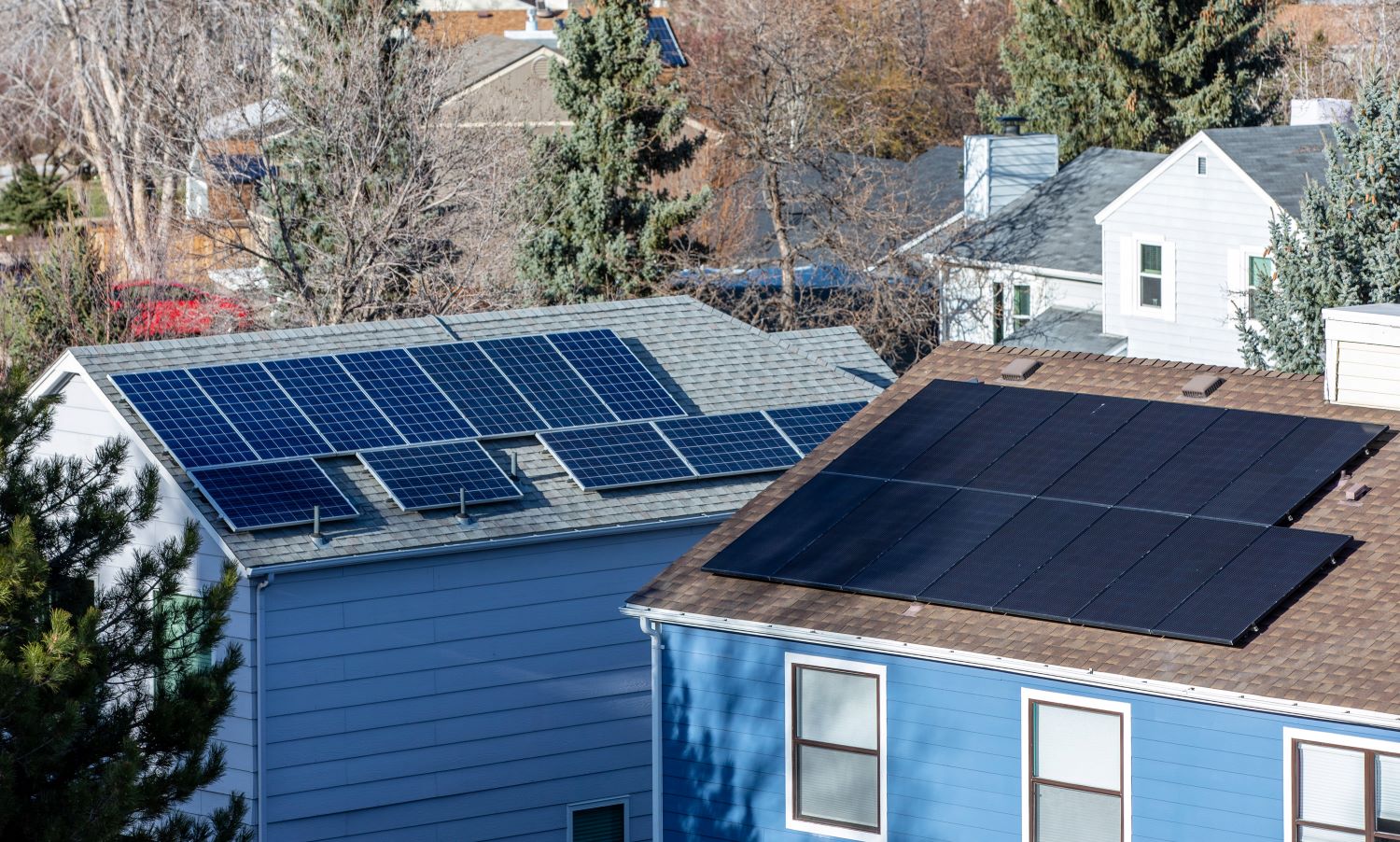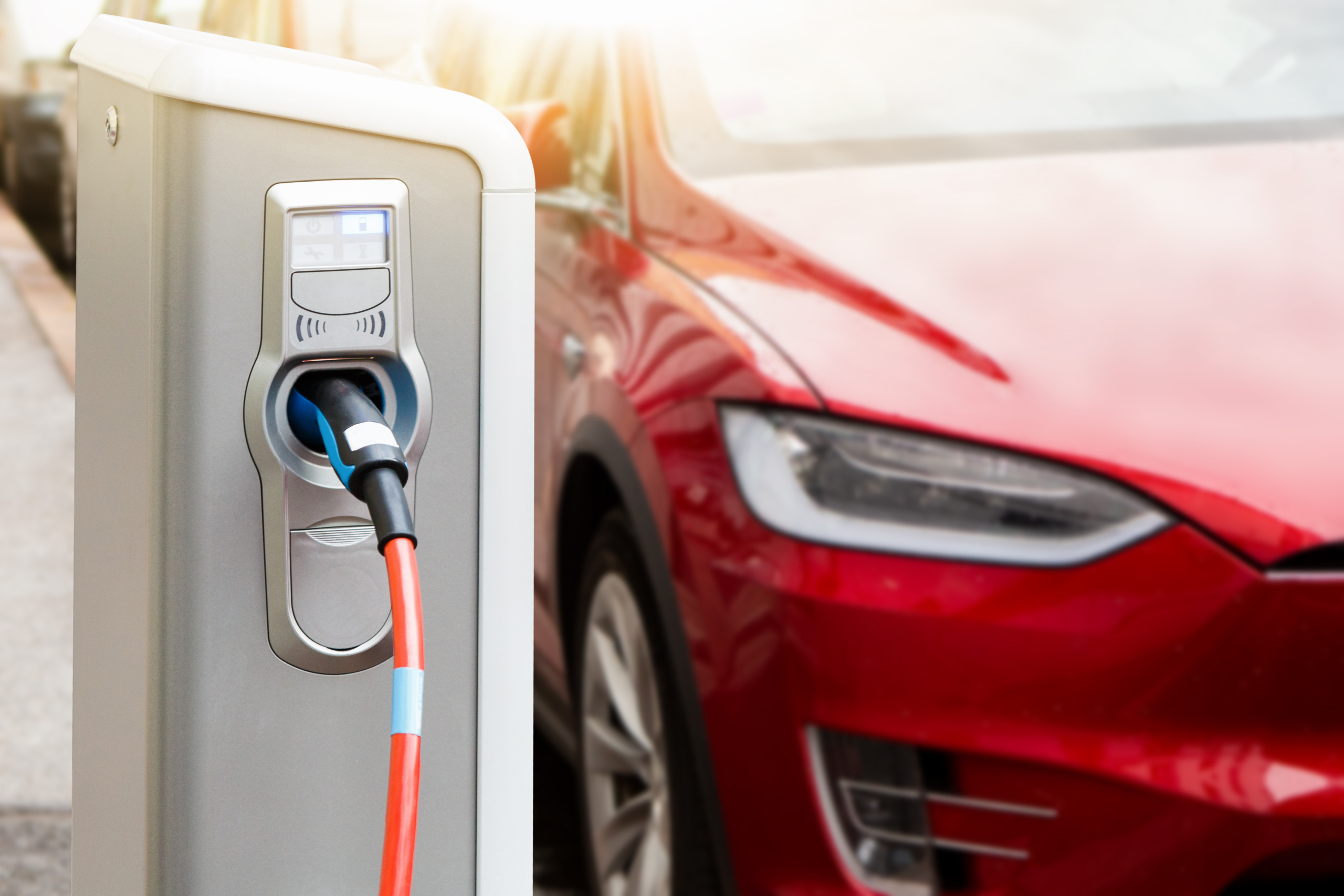
New Jobs and the Clean Cars Program
General Motors announced last week that it will be adding 180 new jobs building electric motors at its facility in White Marsh, Maryland, an indirect result of stronger vehicle emission standards adopted by the Obama Administration in 2009, and a major change for GM.
General Motors announced last week that it will be adding 180 new jobs building electric motors at its facility in White Marsh, Maryland. The new motors will help to power electric and/or plug-in hybrid vehicles that have the ability to operate at times without gasoline, thus improving vehicle fuel economy and producing less global warming pollution. The planned expansion of the White Marsh factory is an indirect result of stronger vehicle emission standards adopted by the Obama Administration in 2009, and represents a major change for GM.
In 2007, as Maryland’s General Assembly considered adopting the Clean Cars Program (California’s strong vehicle emission standards), GM fought the proposed legislation, warning of economic harm and job losses. Despite the opposition of GM and other automakers, Maryland’s leaders chose to improve the state’s air quality and reduce global warming emissions by adopting the Clean Cars Program.
By 2009, a total of 14 states had adopted tough emission standards for cars and light trucks. Automakers, finally recognizing the need and demand for less polluting vehicles, supported the Obama Administration’s plan to adopt the Clean Cars Program nationally. These stronger standards will save 1.8 billion barrels of oil, save consumers money, and reduce global warming pollution by 900 million metric tons compared to the previous federal standard.
And here in Maryland, General Motors will be hiring 180 workers to produce the electric motors that will be essential for clean vehicles.
Topics
Authors
Elizabeth Ridlington
Associate Director and Senior Policy Analyst, Frontier Group
Elizabeth Ridlington is associate director and senior policy analyst with Frontier Group. She focuses primarily on global warming, toxics, health care and clean vehicles, and has written dozens of reports on these and other subjects. Elizabeth graduated with honors from Harvard with a degree in government. She joined Frontier Group in 2002. She lives in Northern California with her son.
Find Out More

Beyond the politics of nostalgia: What the fall of the steel industry can tell us about the future of America

Let us now praise rooftop solar: A tale from New England

Automakers could have learned to build EVs. They paid Tesla to do it instead.

